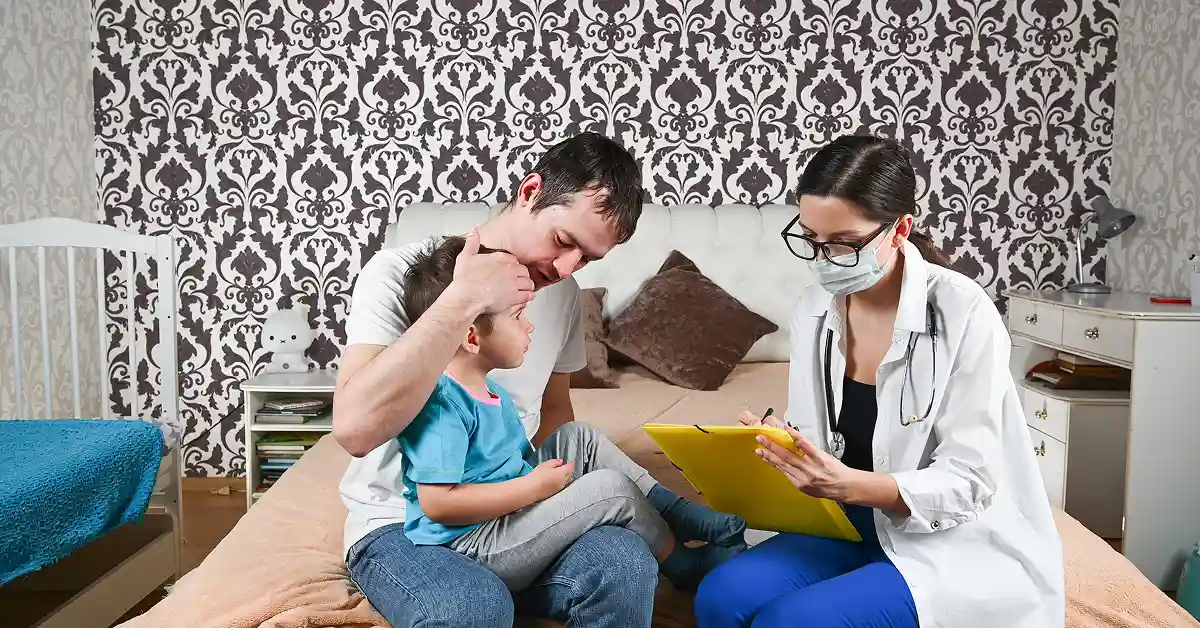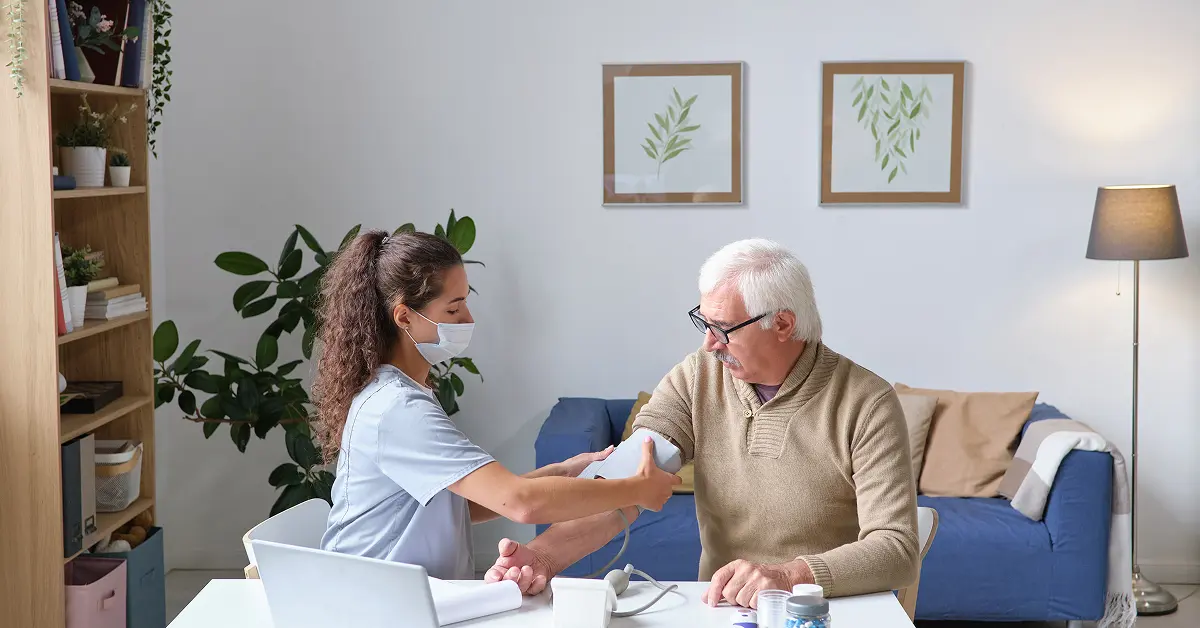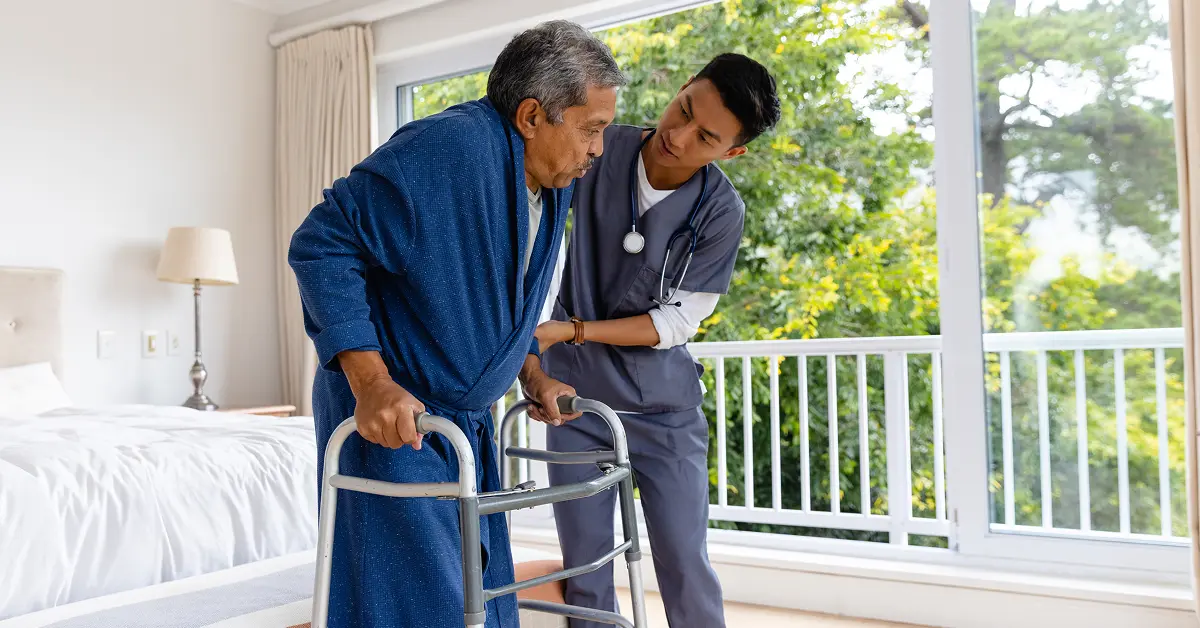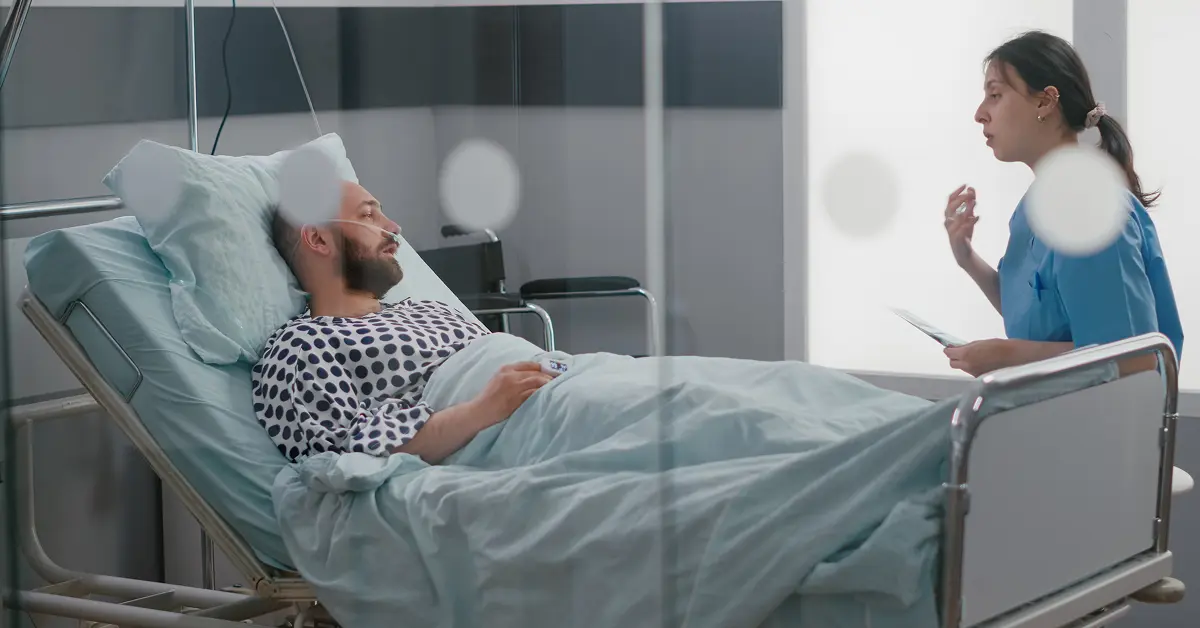Coming home from the hospital may feel like a big relief, but it is also the beginning of another critical phase of recovery. Whether you've been discharged after surgery, illness, or a medical procedure, proper care at home is essential to avoid complications and ensure full recovery. In India, where family plays a significant role in caregiving, understanding what to expect after a hospital discharge can empower both patients and caregivers to manage this transition smoothly.
Understanding the Discharge Process
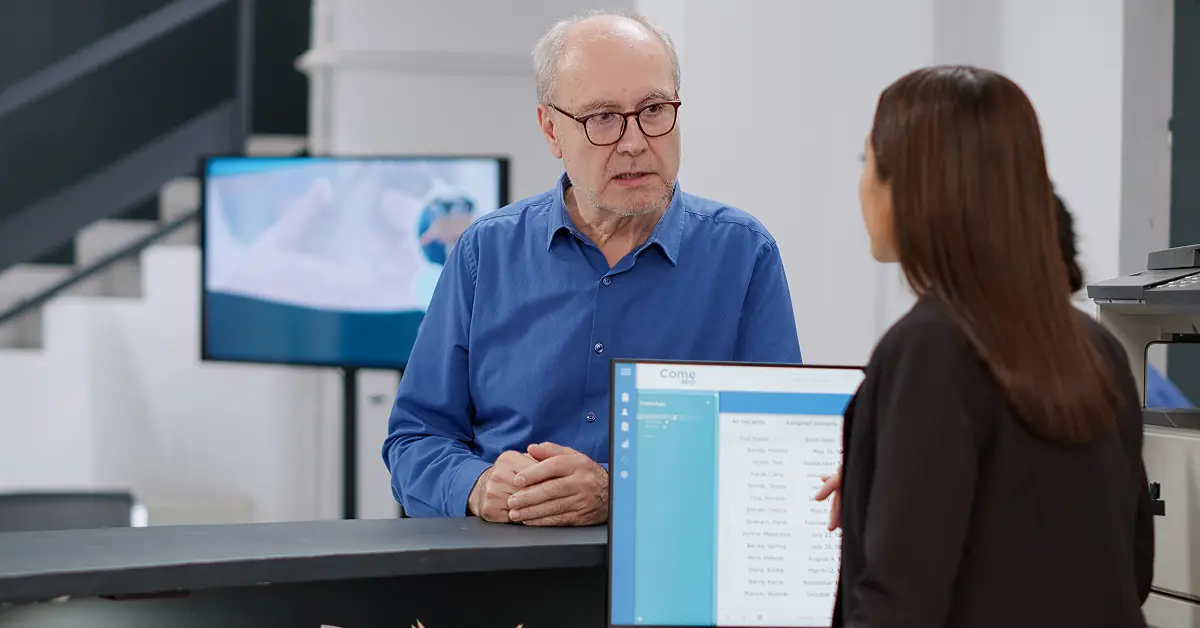
Before leaving the hospital, you or your family will receive a discharge summary from the doctor. This document outlines:
- Diagnosis and treatment received
- Medications to be taken
- Follow-up appointments
- Activity restrictions
- Diet instructions
- Warning signs to watch for
It’s important to ask questions if anything is unclear. For instance, you should know whether you need to continue antibiotics, when to change dressings, or how to check blood pressure or sugar levels at home.
Setting Up the Home Environment
Recovery is faster when the home is well-prepared. Depending on the condition, you may need:
- A clean, clutter-free room
- A hospital bed or special mattress
- Walker, wheelchair, or commode
- Access to drinking water, medications, and bell for calling help
If the patient has limited mobility, keep essential items like medicines, water, and a mobile phone within arm’s reach. Ensure that the bathroom is slip-proof and well-lit, especially for elderly patients.
Medication Management
One of the most important aspects of post-discharge care is managing medications correctly. This includes:
- Sticking to the prescribed timings
- Avoiding missed or double doses
- Understanding possible side effects
In India, patients are often discharged with a mix of allopathic and sometimes Ayurvedic or homeopathic suggestions, so it's crucial to avoid mixing treatments unless approved by the doctor. Use a pill organizer or medication reminder app to make things easier.
Hiring a Home Nurse or Caregiver
Depending on the complexity of care, you may need professional help at home. Home nurses or trained caregivers can:
- Monitor vital signs (BP, sugar, pulse)
- Help with bathing, dressing, and feeding
- Administer injections or IV fluids
- Change dressings or manage catheters
Many urban areas in India now offer reliable home healthcare services. Hiring a certified caregiver ensures the patient receives proper medical attention without frequent hospital visits.
Nutrition and Diet Plan
Food plays a huge role in healing. Post-discharge, patients may need:
- A high-protein diet for wound healing
- Fibre-rich foods for better digestion (especially if bed-ridden)
- Diabetic or cardiac-specific meals
- Adequate hydration (unless fluid restriction is advised)
Consult a dietitian if necessary, especially for conditions like kidney disease, diabetes, or post-surgical recovery. Avoid spicy, fried, or processed foods that may interfere with healing.
Physical Activity and Rehabilitation
Doctors usually provide instructions on physical movement post-discharge:
- Complete bed rest (for spinal injuries, major surgeries)
- Limited movement (with support like a walker)
- Light exercise (for recovery and blood circulation)
In many cases, physiotherapy at home is recommended. In metro cities like Delhi, Mumbai, and Bangalore, several platforms offer in-home physio sessions for post-stroke, joint replacement, or back pain recovery.
Follow-Up Visits and Teleconsultation
Patients are usually asked to visit the hospital or clinic for follow-up within 3–10 days. These check-ups help monitor recovery, adjust medications, or remove stitches.
For elderly or immunocompromised patients, teleconsultation is a safer alternative. Several Indian hospitals now offer video consultations for post-discharge patients to avoid unnecessary travel.
Mental and Emotional Wellbeing
Recovery isn’t just physical—it’s also emotional. Patients may feel:
- Low energy or motivation
- Depression or anxiety
- Frustration over dependency
Family members should provide emotional support and patience. Encourage light conversations, hobbies, or reading. In some cases, a psychologist or counselor can help navigate post-illness trauma, especially after surgeries like bypass, cancer treatment, or major accidents.
Infection Control and Hygiene
India’s tropical climate can increase the risk of infections. Pay close attention to:
- Wound hygiene and dressing changes
- Handwashing before meals and medicines
- Keeping visitors limited, especially for elderly patients
- Using mosquito nets if required
Infections can escalate quickly in recovering patients, so report fever, pus, or swelling to the doctor immediately.
Financial Planning and Insurance Claims
Post-discharge care can involve:
- Medicine costs
- Home nurse charges
- Physiotherapy expenses
- Diagnostic tests (like blood or urine tests)
If you’re using health insurance, check if the policy covers post-hospitalization or home care services. Some Indian insurers now reimburse costs for home nursing, medication, and diagnostics for up to 60 days post-discharge.
Common Warning Signs to Watch
Always monitor for red flags such as:
- Breathing difficulty
- Chest pain or palpitations
- Uncontrolled vomiting or diarrhoea
- High fever (above 101°F)
- Excessive bleeding or discharge from wounds
- Confusion or loss of consciousness
Early detection and timely medical intervention can prevent hospital readmissions.
Final Thoughts
Recovery doesn’t end at the hospital gate. The first few weeks at home are often crucial for full recovery, especially for seniors and chronic patients. Indian families are known for their support and care, but it's equally important to combine love with the right medical knowledge.
Don’t hesitate to hire professional caregivers, seek physiotherapy, or use telehealth services. Preparing your home and schedule beforehand, staying organized with medicines and checkups, and focusing on both physical and mental healing will help ensure a smooth and safe post-hospital journey.
Contents
- Understanding the Discharge Process
- Setting Up the Home Environment
- Medication Management
- Hiring a Home Nurse or Caregiver
- Nutrition and Diet Plan
- Physical Activity and Rehabilitation
- Follow-Up Visits and Teleconsultation
- Mental and Emotional Wellbeing
- Infection Control and Hygiene
- Financial Planning and Insurance Claims
- Common Warning Signs to Watch
- Final Thoughts
Our 24*7 services
Latest Posts
- What Is Respite Care and Why Is It Important
- Affordable home care for senior citizens in India
- Caring for Seniors with Dementia or Alzheimer's at Home
- Senior Caregiving A Guide for Every Family
- How to Write a Caregiver Resume That Gets You Hired
- How Care After Hospital Discharge Speeds Up Recovery at Home
- How to Get Home Health Care for Seniors Through Medicare
- What Does a Senior Citizen Caregiver Really Do at Home
- How to Care for Elderly Parents with Alzheimer’s or Dementia
- How to Get 24-Hour Care for Seniors at Home
